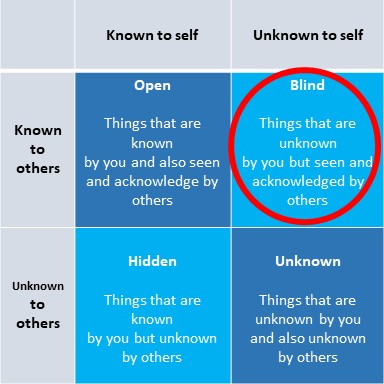Choosing the right person for the job has long been a problem that many employers have struggled to address. Poor selection may have disastrous consequences for both the employee and the organisation. From the organisation’s perspective, the cost of hiring and training an inappropriate candidate can be very high in terms of lost productivity and revenue, reduced efficiency, increased absenteeism, reduced morale, the cost of the selection process itself and the cost of retraining new personnel. From the employee’s perspective, being selected for the “wrong” job may have consequences ranging from loss of motivation, reduced job satisfaction, increased work stress, failure to progress in their career, to more clinical manifestations such as depression and anxiety.
Employers have attempted to resolve the selection problem by using a variety of methods to aid selection accuracy. However, over the years many of these have been “faddish” and lacking in predictive validity. Today, methods such as hand writing analysis, astrology and reliance upon written references (that inevitably praise the candidate) have given way to more valid methods.
Numerous studies have shown that modern psychometric assessment is one of the most valid predictors of future job performance. With increasing frequency, employers are now turning to psychometric testing to aid in selection decisions as well as evaluation of personnel.
Why use psychometric assessments?
- Objectivity – good psychometric assessments are standardised on a large sample and provide normative data across a wide range of demographics and age cohorts. Well selected tests will allow you to demonstrate talents that may otherwise not be evident.
- Validity – psychometric assessments are a more valid method than interviews, academic achievement & reference checks, and when utilised in combination (for example in an assessment centre) are highly predictive of future job performance.
- Cost – the cost of selection errors is large for both the employer and the employee. Psychometric assessments help to minimise costs while maximising potential fit between the candidate and the job.
So what exactly is psychometric assessment?
A tool to aid in the candidate selection and decision making process.
Psychometric tests do not and should not stand alone as the only selection method.
Psychometric tests are carefully developed for specific purposes and need to be utilised for the purpose for which they were intended. The tests used in the selection setting are purpose designed to help fit your talents, personality and attributes to a job that suits you. They are not designed to reveal your innermost secrets or uncover confidential information about you.
Reputable tests have undergone rigorous research before being released, and published technical manuals provide research evidence of their reliability and validity for specific purposes.
Caribbean HR Solutions are proud to be a provide support with Psychometric Assessments and all other support for your hiring needs. For more information contact us at 1-876-971-7632 or email us at sales@caribbeanhrsolutions.com.













